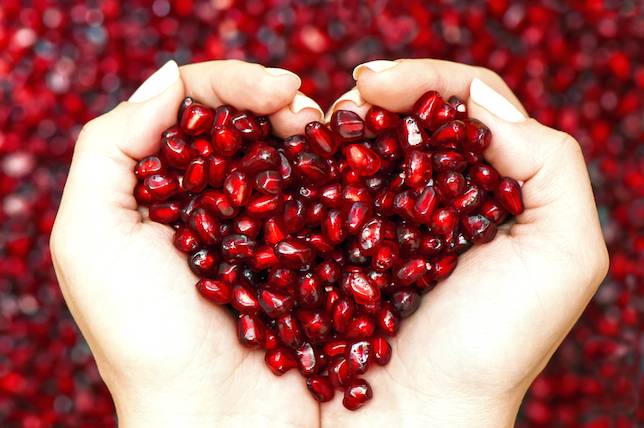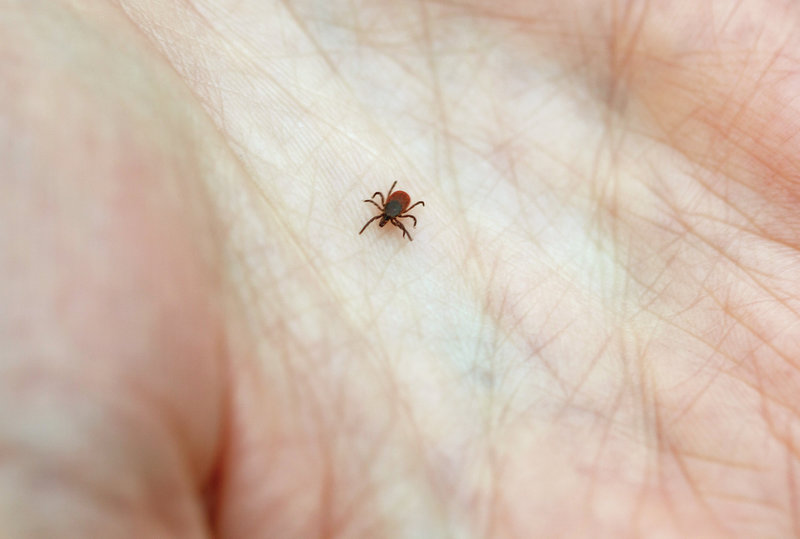Pomegranates For Cardiovascular Health
Pomegranate is a source of some very powerful antioxidants like tannins and anthocyanins which are also potent anti-atherogenic agents.
The mix of these unique multiple types of polyphenols renders a wider spectrum of activity against free radicals. Indeed, the antioxidants present in pomegranates are excellent in comparison to other antioxidants which defend the high-density lipoprotein (HDL) known as the good cholesterol. From oxidation, it attenuates atherosclerosis development and the following cardiovascular events.
Pomegranate antioxidants
These antioxidants are not loose but are related to the pomegranate sugars. So they are extremely useful even for diabetic patients. Furthermore, pomegranate antioxidants are unparalleled in their ability to increase the activity of the HDL-associated paraoxonase 1 (PON1), which splits down toxic oxidized lipids in lipoproteins, in macrophages, and in atherosclerotic plaques. Ultimately, unique pomegranate antioxidants beneficially reduce blood pressure.
Heart-healthy fruit juice
Pomegranate juice is suggested as the “heart-healthy” fruit juice, which is proved to reduce cardiovascular diseases. The measures of the arterial stiffness of the standard carotid arteries in some patients with at least one cardiovascular risk factor who drank the juice showed drifts to an increased arterial elasticity than those who received a refreshment of a similar caloric content, flavour and colour.
Tips on how to get the full benefit of the fruit
If you have ever tried to remove the juicy seeds, called arils, from a pomegranate, you know it can be a messy process! Practice does improve your technique. After deseeding a few fruits, you’ll have the process down. Sectioning the fruit makes it easier to pull apart. This helps to remove the juicy seeds. Although some people just chew the seeds until all the juice is gone, then spit them out, many continue eating and eat the seeds as well. They are an excellent source of fibre, which benefits the digestive system and the heart.
The arils can be eaten alone or added to fruit or vegetable salads, yoghurt or oatmeal. Once removed from the fruit, the seeds can be kept in the refrigerator for up to a week. You can dedicate a little time to taking the seeds from several fruits, and then enjoy your hard work for a whole week.
Source: sastasundar
“Pomegranates For Cardiovascular Health”


